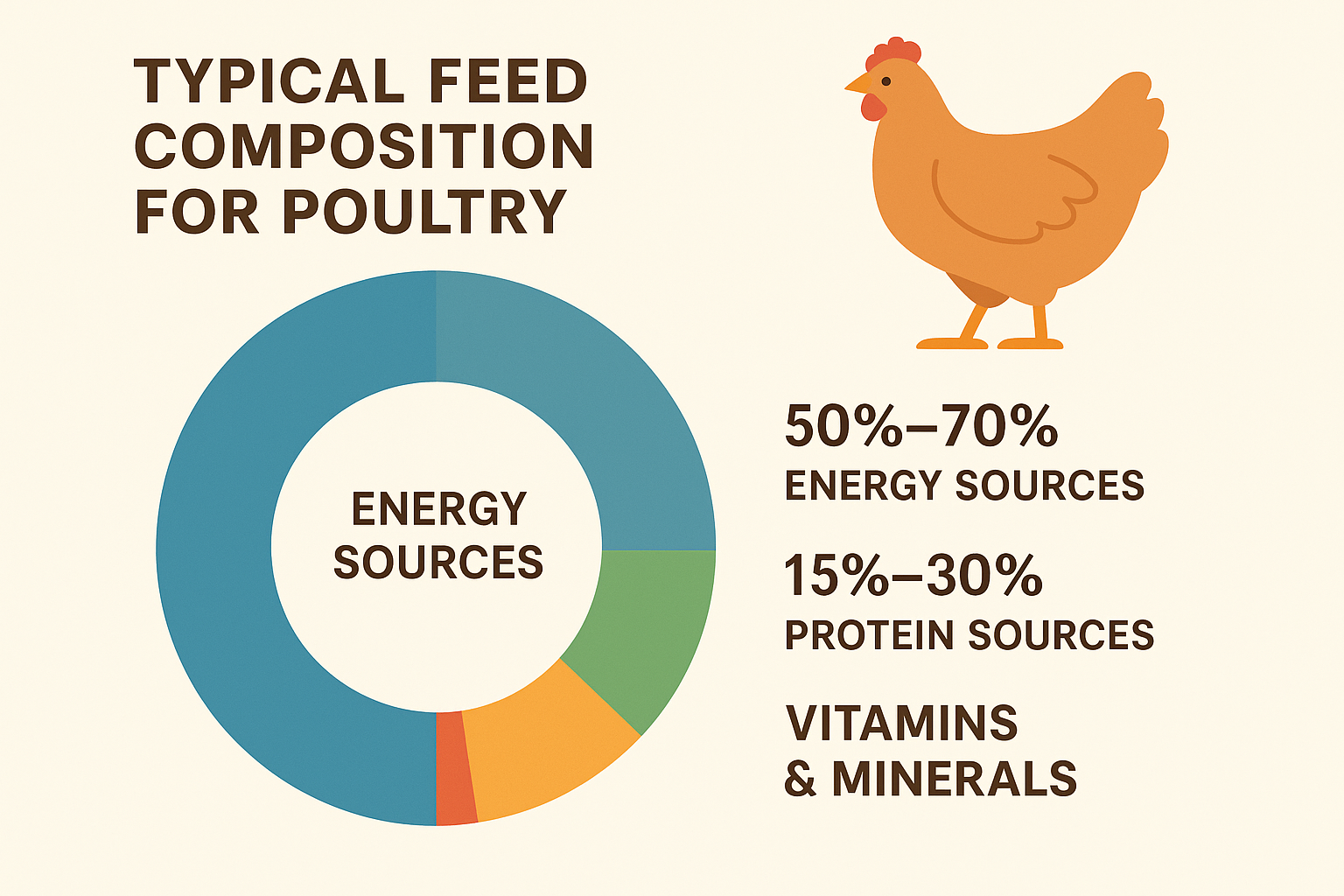Why Egg Prices Might Stay the Same and Poultry Stocks Are Interesting
7 May, 2025
Category: Poultry
Tags: Poultry
Cheaper feed, stronger Ringgit and production flexibility

The government recently removed the egg subsidy,
making people worry that egg prices will go up. But looking at the market
conditions, prices may not increase much. Here’s why:
Cheaper Feed for Chickens
Egg production depends on corn and soybean, which
chickens eat. Corn is the main feed, while soybean provides protein.
Right now, the prices of both corn and soybean are falling because China
is buying less from the United States, one of the biggest producers of
these crops. With cheaper feed, egg production costs may stay low.
Strong Ringgit Helps
Malaysia buys corn and soybean from other countries,
and prices are affected by the exchange rate. A stronger Ringgit
makes imports cheaper, helping to keep feed costs low. This means egg
producers can continue to sell eggs at reasonable prices without big
losses.
No More Price Control
Before, producers had to sell eggs below cost and get
government subsidies. Now, with the subsidy gone, they can sell eggs
at a fair price instead of losing money. This removes the pressure on
producers and allows them to operate more sustainably.
Investors Shifting to Local Markets
Another trend is deglobalization, where investors
focus on local businesses instead of global ones. This protects
companies from worldwide problems. Poultry stocks may become good
investments because eggs are a daily necessity, meaning steady
demand.
Cheaper feed prices, a strong Ringgit, and price
flexibility help producers manage costs. At the same time, investors may
find poultry stocks attractive as businesses shift toward local
consumption markets. Instead of a crisis, Malaysia’s poultry industry could
become stronger and more stable.